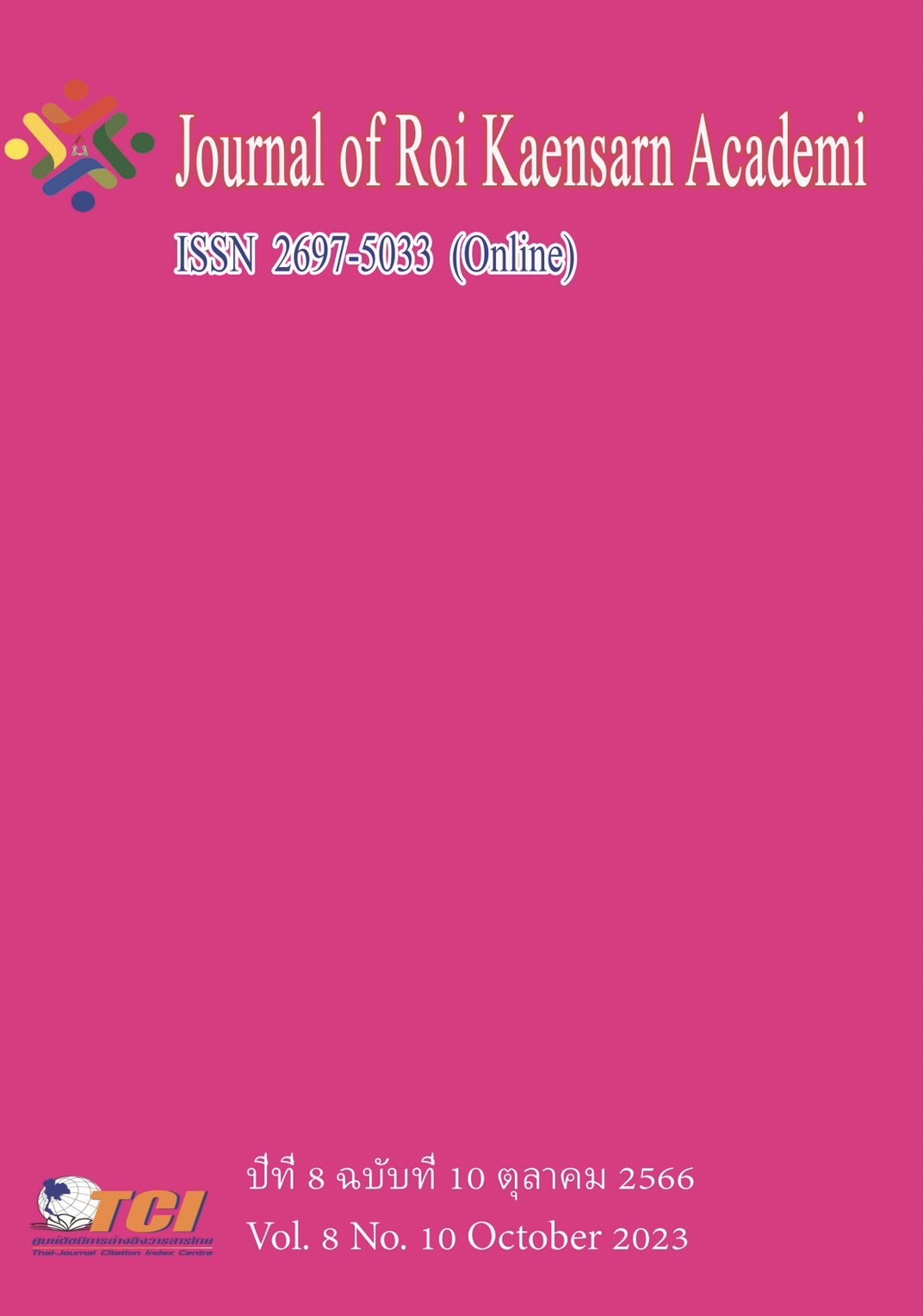Analysis of Factors Influencing the Willingness to Continue Learning in Latin Dance Extracurricular Education during China's Compulsory Education Stage
Main Article Content
Abstract
In China, with the comprehensive implementation of quality education and the strong promotion of dance and music variety shows by major media networks, music and dance have become the extracurricular learning and training directions chosen by many parents for their children. The research on the willingness to continue learning in this article is aimed at solving the fundamental problem of institutional survival, which is the source of enrollment; Combining this argument with relevant literature, based on the perspective of parents in China's compulsory education stage, this paper introduces perceived value into the Planned Behavior Theory Model (TPB), constructs a theoretical model and sets hypotheses, with the aim of exploring the influencing factors of parents on their children's sustained out of school Latin dance learning, constructs a behavioral model of their willingness to continue out of school Latin dance learning, and tests the model and hypotheses using SPSS 23.0 and AMOS24. Explore which factors will affect parents' willingness to engage their children in extracurricular learning during the compulsory education stage. The research results indicate that the willingness to continue learning is directly influenced by behavioral attitudes, perceived behavioral control, and perceived value; Behavioral attitudes are directly influenced by perceptual behavioral control. At the end of the article, suggestions are proposed for the healthy and sustainable development of extracurricular children's training institutions for reference.
Article Details
References
Hou Huaiyin, Lei Yuerong. (2017). Analysis of "Off campus Education". Education Science Research. (5)
Ajzen I. (1985). From Intentions to Actions: A Theory of Planned Behavior. Action Control Springer Berlin Heidelberg. 11-39
Ajzen, I.,&Driver, B. L. (1992) Application of the theory of planned behavior to Leisure choice Journal of Leisure Research, 24, 207-224
Xiao Shuang, (2010). A Study on the Motivation of Mobile Advertising Users Based on the TAM/TPB Integrated Model "Ph.D. Dissertation from Wuhan University, Wuhan, Hubei
Cheng S, Lam T, Hsu C H C. (2006). Negative word of more communication intention: An application of the theory of planned behavior. Journal of Hospitality&Tourism Research 30 (1), 95-116
Hee S. P. (2000). Relationships among attributes and subjective norm: Testing the theory of reasoned action across cultures. Communication Studies. 51 (2), 162-175
Duan Wenting, Jiang Guangrong. (2008). Review of Planned Behavior Theory. Progress in Psychological Science. 2, 315-320
Baker E W, Al Ghahtani S S, Hubona G S. (2007). The effects of gender and age on new technology implementation in a developing country: Testing the theory of planned behavior (TPB). Information Technology&People. 20 (4), 352-375

